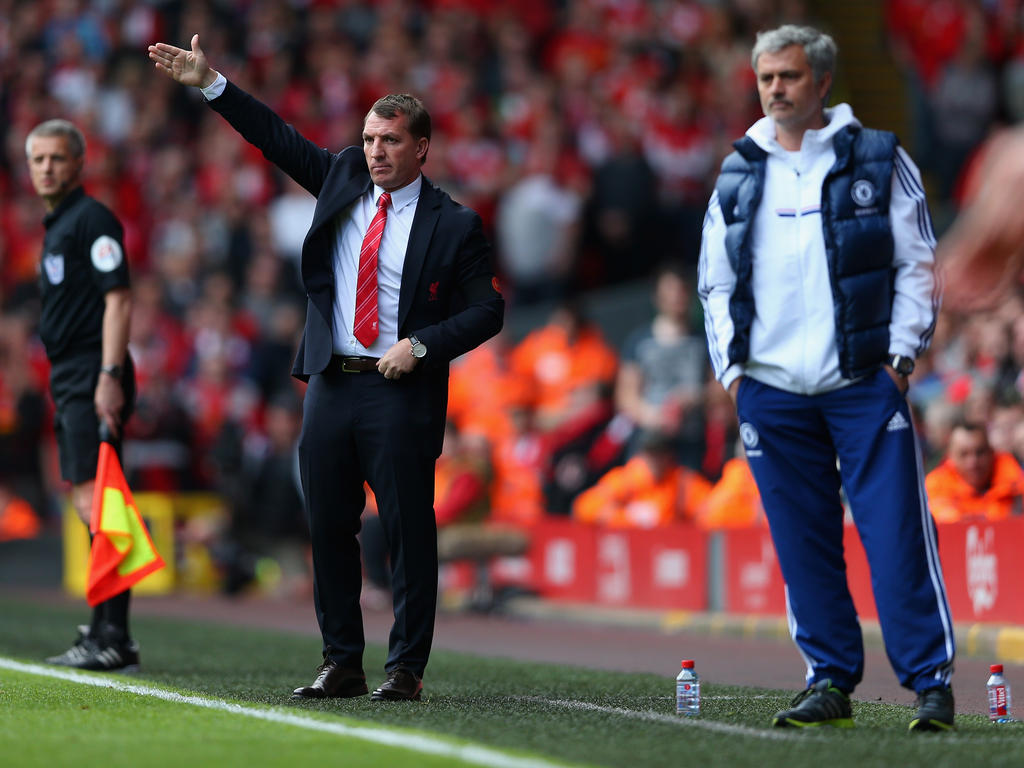RugbyU: IRB fights shy of residency clampdown

International rugby chiefs said Tuesday they had no plans to toughen up residency qualifications in a bid to prevent Pacific Island nations losing star players.
Nathan Hughes, now with London club Wasps, will be eligible to represent England, Fiji or Samoa if the No 8 remains with the Premiership side for two more years under current residency rules.
International Rugby Board chief executive Brett Gosper, speaking at a news conference in London to mark 500 days to the 2015 World Cup in England, said their three-year residency qualification would remain in place.
The Australian administrator said the decision over whether to put patriotism over a potentially more lucrative professional career in a country outside a player's place of birth had ultimately to remain a personal one.
"These aren't issues that we can really look at, there are huge market forces in play in both Hemispheres, and players have got to be able to ply their trade where they want to ply their trade," said Gosper.
"We obviously don't want to see a concentration of players in one or two markets, we like the fact there's a good even competition throughout the world.
"So we like that balance.
"But there's little we can do about it from an IRB perspective.
"I think the lure of international rugby still has a very strong hold on the top players.
"The view is the capture ages are pretty high, so players at that stage should know what the implications of their choices are."
However, New Zealand coach Steve Hansen recently criticised the practice of young players seeking to qualify for international recognition in Europe, after 24-year-old Chiefs centre Bundee Aki signed a three-year deal to join Connacht with a view to representing Ireland at Test level.
The 24-year-old has made no secret he will aim to complete residency requirements and chase an international career with Ireland, despite at times pushing the fringes of the All Blacks set-up.
Gosper added that in circumstances where Pacific Island players at European clubs remained loyal to their country of of origin, then there were benefits for all concerned.
"Some of these players playing outside of their country is adding to the competitiveness of those nations.
"Fijians, Tongans, Samoans and so on are gaining the skills and traits to play at the top level from the clubs they're playing at as well."
Meanwhile it was confirmed a longstanding rugby tradition would be upheld at next year's World Cup, with no segregation between supporters.
"To be absolutely clear: we have no plans to segregate fans," said England Rugby 2015 chief executive Debbie Jevans.
"The beauty of what we're doing is that we don't have to worry about segregation, and there won't be any segregation."
Gosper added social media reaction to suggestions of segregation, as happens at major football matches, had been a boon for the 15-a-side game.
"It showed what rugby fans really value about the way rugby crowds are managed," said Gosper. "It was a great bit of advertising for rugby almost.
"There has never been an intention to segregate the crowds. It was never discussed at a serious level.
"We are definitely against that, and everyone will sit together."
Tickets for the World Cup, where New Zealand will defend the title they won on home soil in 2011, will be on general sale from September 12-29.
This month will see 500,000 tickets for sale distributed through clubs affiliated to England's governing Rugby Football Union.




